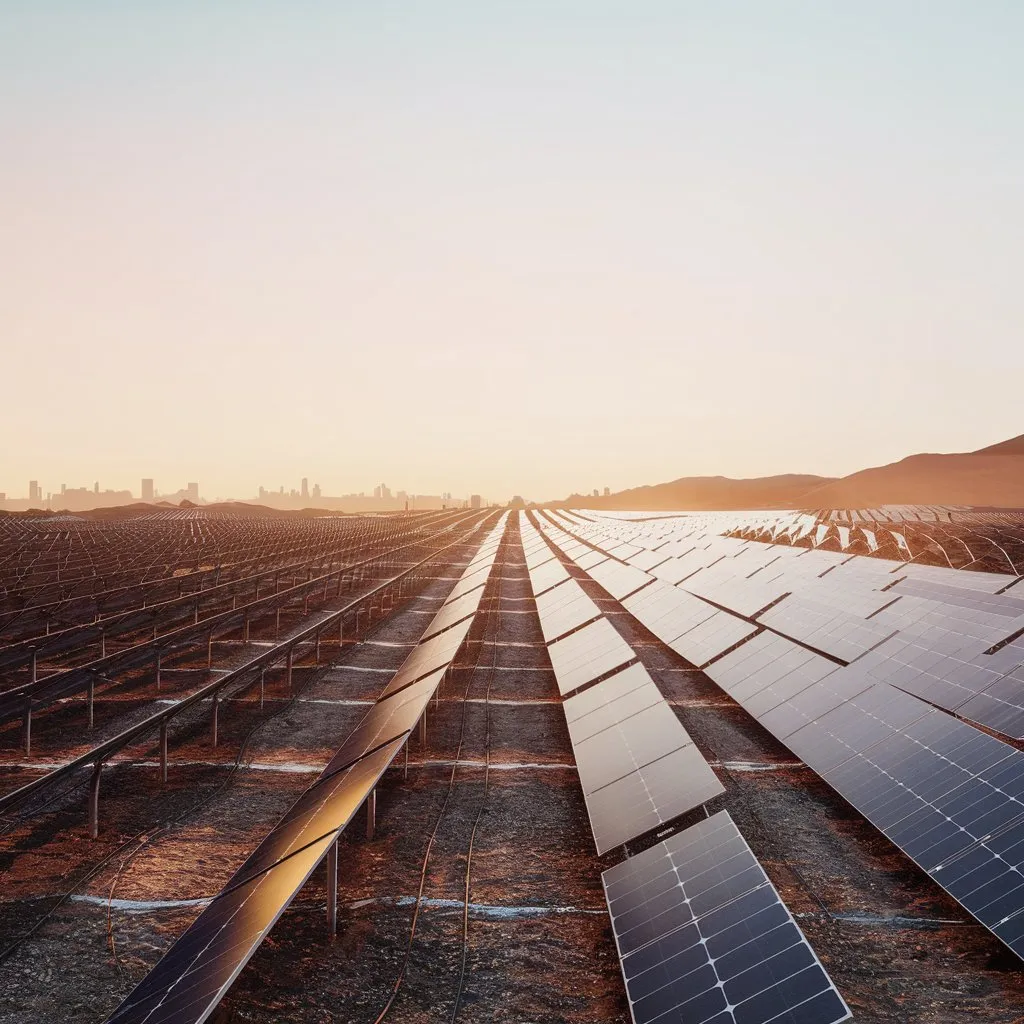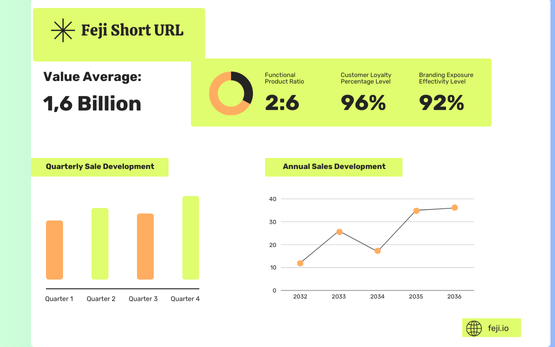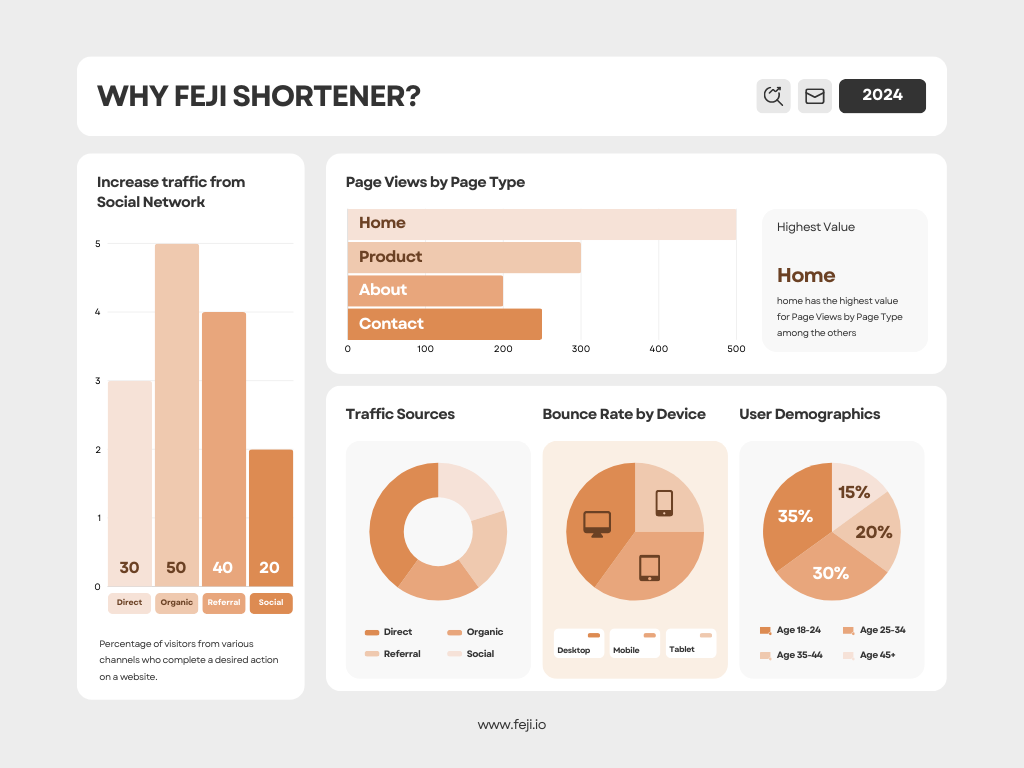The dawn of a new decade always brings with it anticipation and a sense of curiosity about what the future holds. In the energy sector, few topics are generating as much buzz as solar power. Solar energy has experienced explosive growth over the past few years, setting the stage for an even more transformative period leading into 2030. To gain deeper insights, we consulted Hamro Solar LLC, a trailblazer in the solar industry, to understand how they envision the landscape of solar energy evolving by 2030.
A Rapidly Growing Industry
Hamro Solar LLC projects that by 2030, solar energy will have solidified its role as a cornerstone of the global energy mix. The increasing efficiency of photovoltaic (PV) cells and the steady decline in the cost of solar installations are pivotal factors fueling this growth. Coupled with international policy shifts toward renewable energy, the solar industry is poised to revolutionize how we harness and consume energy.
Recent advancements in solar technology have already paved the way for widespread adoption. Improved PV cell efficiency, which has doubled in the last decade, is expected to reach new heights by 2030. Hamro Solar LLC believes that emerging technologies, such as bifacial solar panels and perovskite solar cells, will be instrumental in achieving these efficiency gains.
Proliferation of Smart Solar Solutions
One of the most exciting developments foreseen by Hamro Solar LLC is the integration of smart technology with solar infrastructure. The future will see an increase in smart grids and advanced energy management systems. These innovations will allow for more effective demand response, ensuring that power generated from solar installations is utilized optimally.
By 2030, smart solar solutions are expected to include AI-driven analytics and IoT-enabled devices, enabling more precise monitoring and control of energy consumption. The ability to predict energy production and usage patterns will facilitate more resilient solar systems and enhance grid stability. Hamro Solar LLC foresees a future where homes and businesses are equipped with intelligent energy management systems that not only maximize solar energy use but also contribute to a more sustainable and efficient grid.
Energy Storage Innovations
Energy storage has been a longstanding challenge in the adoption of solar energy. As storage technology advances, it will play a crucial role in energy reliability and affordability. Hamro Solar LLC anticipates significant breakthroughs in battery technology, with innovations that will enhance storage capacity, reduce costs, and improve the lifespan of energy storage systems.
Next-generation lithium-ion batteries and emerging alternatives, such as solid-state batteries and flow batteries, are expected to dominate the market by 2030. These advancements will make it possible to store large amounts of solar energy for extended periods, thereby overcoming the intermittent nature of solar power. Grid-scale storage solutions will also become more prevalent, enabling utility companies to balance supply and demand more effectively.
The Rise of Distributed Solar Systems
Distributed solar energy systems, which involve generating electricity at or near the point of consumption, are set to become more widespread by 2030. Hamro Solar LLC predicts a significant uptick in rooftop solar installations, community solar projects, and small-scale solar farms, driven by the declining cost of solar panels and supportive policy frameworks.
This shift towards distributed generation will empower consumers to take control of their energy needs, reducing reliance on centralized power plants and increasing energy resilience. Additionally, distributed solar systems will mitigate transmission losses and decrease the need for expensive infrastructure upgrades, making renewable energy more accessible and affordable for all.

Policy and Regulatory Landscape
Government policies and regulations will have a profound impact on the adoption of solar energy over the next decade. Hamro Solar LLC envisions a favorable policy environment that prioritizes renewable energy sources, provides financial incentives for solar projects, and implements robust standards to ensure the quality and efficiency of solar installations.
Carbon pricing, renewable portfolio standards, and tax credits are expected to play a crucial role in driving the transition to solar energy. As more countries commit to reducing their carbon footprints and achieving net-zero emissions, solar energy will be at the forefront of these efforts. Enhanced international cooperation and collaborative initiatives will also support the global expansion of solar energy.
Integration with Other Renewable Sources
The future of solar energy is not just about solar panels on rooftops and solar farms in deserts. Hamro Solar LLC predicts a harmonious integration of solar power with other renewable energy sources, such as wind and hydro. Hybrid renewable energy systems that leverage the complementary nature of different energy sources will become more common.
By integrating solar with wind or hydroelectric power, it will be possible to create more stable and reliable energy systems. These hybrid solutions will help mitigate the variability of solar power, providing consistent energy supply regardless of weather conditions. Hamro Solar LLC is actively exploring innovative projects that combine multiple renewable energy sources to enhance overall system performance and sustainability.
Advanced Solar Manufacturing and Recycling
As the solar industry grows, so does the need for sustainable manufacturing and recycling practices. Hamro Solar LLC anticipates significant advancements in the production and recycling of solar panels by 2030. Eco-friendly materials and processes will become the norm, reducing the environmental impact of solar panel manufacturing.
Recycling will also play a critical role in the solar industry's sustainability efforts. With the increase in solar installations, the volume of end-of-life solar panels will rise as well. Developing efficient and cost-effective recycling methods will ensure that valuable materials, such as silicon and precious metals, are recovered and reused, minimizing waste and reducing the environmental footprint of solar energy.
The Role of Solar in Electrifying Transport
The electrification of transportation is a major component of the global energy transition, and solar power will play a vital role in this shift. Hamro Solar LLC foresees a future where solar energy powers not only homes and businesses but also electric vehicles (EVs) and public transportation systems.
By 2030, solar-powered EV charging stations will be a common sight, enabling drivers to charge their vehicles with clean, renewable energy. Solar canopies and parking structures will be equipped with solar panels, providing on-site generation for EVs. Moreover, integrating solar power with public transportation systems, such as buses and trains, will decrease emissions and reduce dependence on fossil fuels.

Community Solar Initiatives
Community solar projects are set to gain momentum heading into 2030. These initiatives allow multiple participants to share the benefits of a single solar installation, making solar power more accessible to those who cannot install panels on their own properties. Hamro Solar LLC is a strong advocate for community solar, recognizing its potential to democratize access to renewable energy.
By pooling resources and sharing the generated electricity, community solar projects can lower costs and increase the adoption of solar power. This collaborative approach will be particularly beneficial for urban areas and low-income communities, where space and financial constraints often hinder the deployment of individual solar systems.
Education and Workforce Development
To support the rapid expansion of the solar industry, education and workforce development will be crucial. Hamro Solar LLC highlights the need for a skilled workforce to design, install, and maintain solar systems. By promoting solar education and training programs, the industry can ensure a steady supply of qualified professionals.
Investment in STEM (science, technology, engineering, and mathematics) education will be essential to developing the next generation of solar innovators and leaders. Partnerships with academic institutions, vocational schools, and industry organizations will help cultivate a talent pipeline that can meet the growing demands of the solar sector.
Public Awareness and Engagement
Public awareness and engagement will play a significant role in shaping the future of solar energy. As more people become aware of the environmental and economic benefits of solar power, demand for solar solutions will increase. Hamro Solar LLC emphasizes the importance of outreach and education campaigns to inform and inspire individuals and communities to embrace solar energy.
By highlighting success stories, sharing best practices, and providing transparent information about the advantages of solar power, the industry can foster a positive perception of solar energy. Engaging with local communities, policymakers, and advocacy groups will also help build broader support for renewable energy initiatives and drive meaningful change.
Decentralization and Energy Independence
Decentralization of energy generation and consumption will be a defining feature of the solar landscape in 2030. Hamro Solar LLC envisions a future where individuals and communities produce their own energy, reducing reliance on centralized power grids and enhancing energy independence.
Decentralized solar installations, such as rooftop panels and microgrids, will empower consumers to take control of their energy needs. This shift towards localized energy production will enhance resilience, particularly in areas prone to natural disasters or grid disruptions. Moreover, decentralized solar systems will contribute to energy security and reduce transmission losses, making energy distribution more efficient.
Innovation and Future Prospects
Innovation will continue to drive the evolution of solar energy, unlocking new possibilities and pushing the boundaries of what is possible. Hamro Solar LLC is committed to staying at the forefront of solar innovation, continuously exploring emerging technologies and trends.
Potential future advancements include solar panels with higher conversion efficiencies, solar windows and coatings, and solar-powered desalination systems. As research and development efforts accelerate, the solar industry will identify new applications and business models, further accelerating the transition to a renewable energy future.
The vision for solar energy in 2030, as outlined by Hamro Solar LLC, is undoubtedly promising. With advancements in technology, supportive policies, and a growing awareness of the importance of renewable energy, solar power is poised to play a central role in the global energy transition. From smart solar solutions and energy storage innovations to distributed generation and community solar initiatives, the future of solar energy is bright.
As we look towards 2030, Hamro Solar LLC remains dedicated to driving progress and sustainability in the solar industry. By embracing innovation, investing in education and workforce development, and actively engaging with communities and policymakers, the company is committed to shaping a future where solar energy powers a cleaner, more sustainable world.

 Vietnamese
Vietnamese









Nguyen Hoai Thanh
Nguyen Hoai Thanh is the Founder and CEO of Metaconex. With 12 years of experience in developing websites, applications and digital media, Nguyen Hoai Thanh has many stories and experiences of success to share.